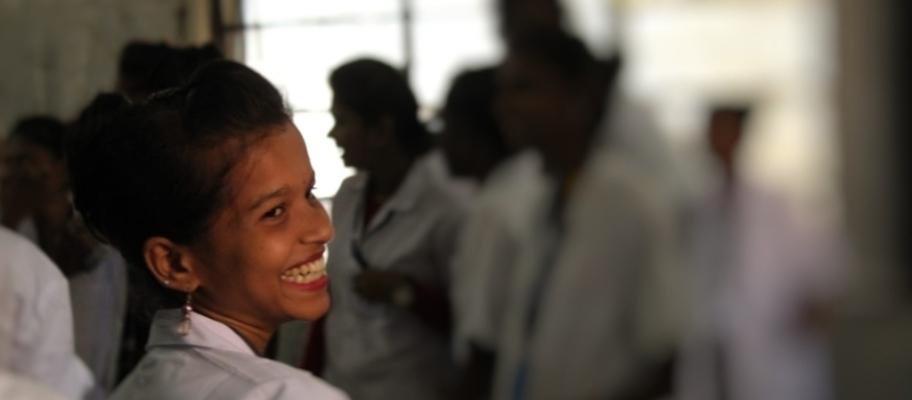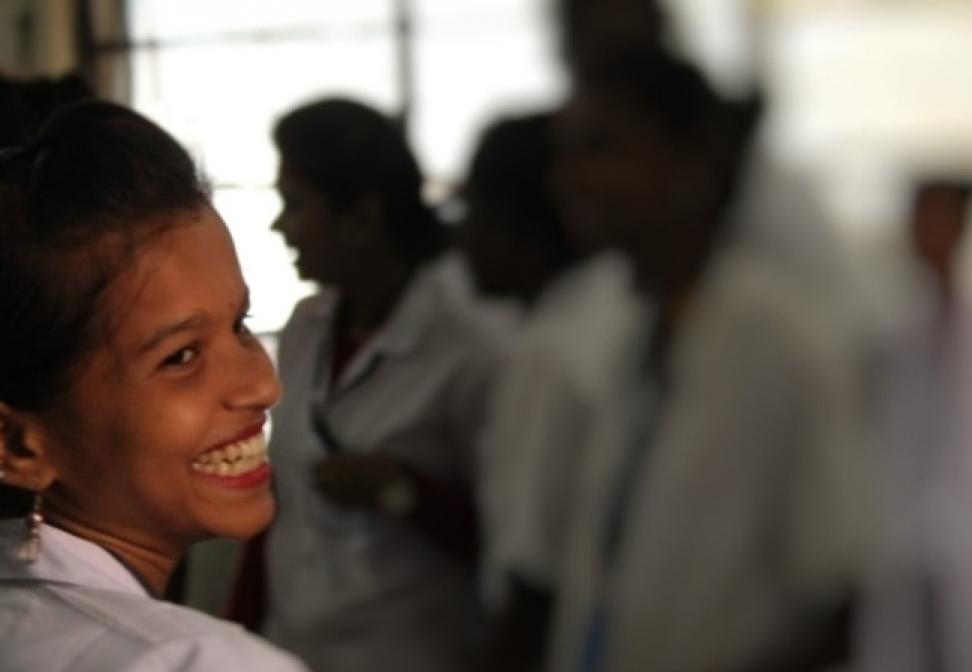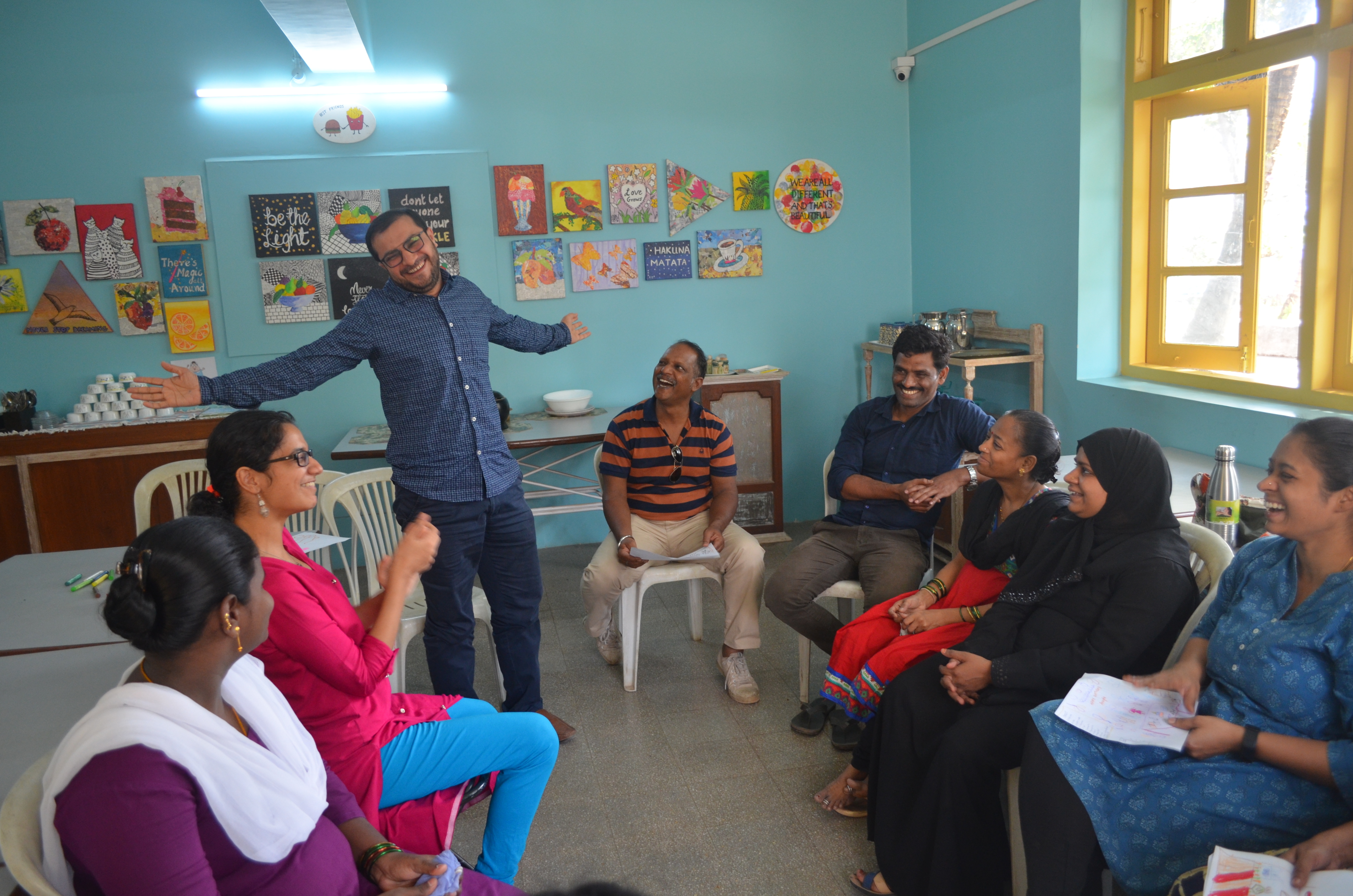Why Caring for Caregivers Is an Uphill Battle
Maitreyi takes her experience as a caregiver for her father to create a safe space for caregivers to express their emotions while developing resilience and coping skills.
Maitreyi’s efforts to create more support for caregivers’ mental health shows how cultural expectations can stand in the way of caring for those in need.
“Why would you get stressed if it’s your duty?”
I have never had to devote my life to caring for someone who is chronically unwell. But those words struck a chord with me when Maitreyi Nigwekar shared them with me, an example of the response she gets when she is asked about the challenges of rallying support for caregivers and their mental health.
Many of us at some point in our lives would have experienced the tug between the desire to care for our loved ones, and the stress that comes with that responsibility. Also the ensuing guilt over feeling frustrated at times.
Dealing with those feelings at a personal level is challenging enough; it is even harder when social expectations come into play. As Maitreyi puts, “it is deeply ingrained in us to be there for the family at the cost of your health and your mental health.”
Maitreyi, who started Adveka Foundation in Mumbai to provide support services to caregivers, is talking about India. But here in Singapore, I recognise the same values in my upbringing, where duty and expectations are deeply intertwined with love and kinship.
And through her experience, I came to understand how damaging it can be when we let social expectations stand in the way of caring for caregivers.
A dream of care for caregivers
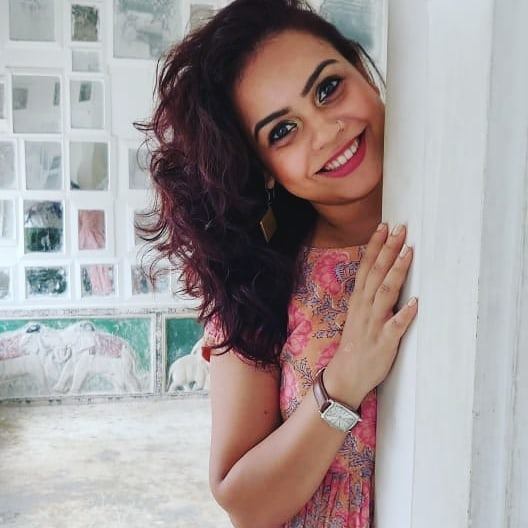
Maitreyi’s journey to starting Adveka Foundation comes from a personal place. Her father struggled with alcoholism and had sought treatment for his addiction. While he received care and support, Maitreyi and her mother were left to cope on their own, even as they had to care for him. It was a situation with “a lot of suffering and pain, and isolation”, she shares.
Trained in counselling psychology, Maitreyi eventually realised that many caregivers were in the same position, and started Adveka to support their mental well-being. The foundation works with caregivers identified by other NGOs and hospitals to offer individual counselling and support group sessions at a nominal fee.
Through these sessions, caregivers find a safe space to express their feelings of sadness, frustration, disappointment and anger without being judged. At the same time, they develop resilience and coping skills.
In the early days of setting up the foundation, Maitreyi had sought help with legal matters. “I remember I met one lawyer advocate. We had a conversation [about Adveka’s mission].”
“Throughout the conversation, I could see him getting visibly confused. And as I finished, he looked at me and he was like, ‘Why would you want to have an organisation that does this? This is your duty [as a caregiver], this is what you are supposed to be doing. Why would you get stressed if it’s your duty?’”
“I had to explain to him that even if it is a sense of duty, we all have mental health, and it can get affected because of all the caregiving duties.”
In India, attitudes like the lawyer’s are “extremely, extremely ingrained in our systems”, says Maitreyi. “So it gets hard when we are looking at caregiving and caregivers, when you have grown up in that culture, to then say, ‘Oh I am feeling depressive symptoms because I am a caregiver for my father who now has dementia. Or my child who has a disability.’”
Not only does Maitreyi have to convince potential donors that caregiver support is worth funding, she has to convince caregivers that it is okay to seek help for themselves. “They think, ‘If I have my morning coffee, then I’m being selfish.’”
Since 2015, Adveka has supported more than 4,000 caregivers. It has also worked with other NGOs such as Manav Foundation, to develop capacity to support caregivers. But amid COVID-19, Adveka has had to pause operations due to a lack of funding, as donors channel their money towards COVID-19 relief. Lockdowns have also not been conducive for support sessions, especially for low-income families without stable Internet access at home.
For now, Maitreyi is conducting one-on-one counselling sessions for caregivers, while figuring out the best way to get Adveka back on track. “It’s very difficult to convince donors because…it’s ‘Why should I fund caregivers, when I can fund [care for] the illness itself?’” says Maitreyi.
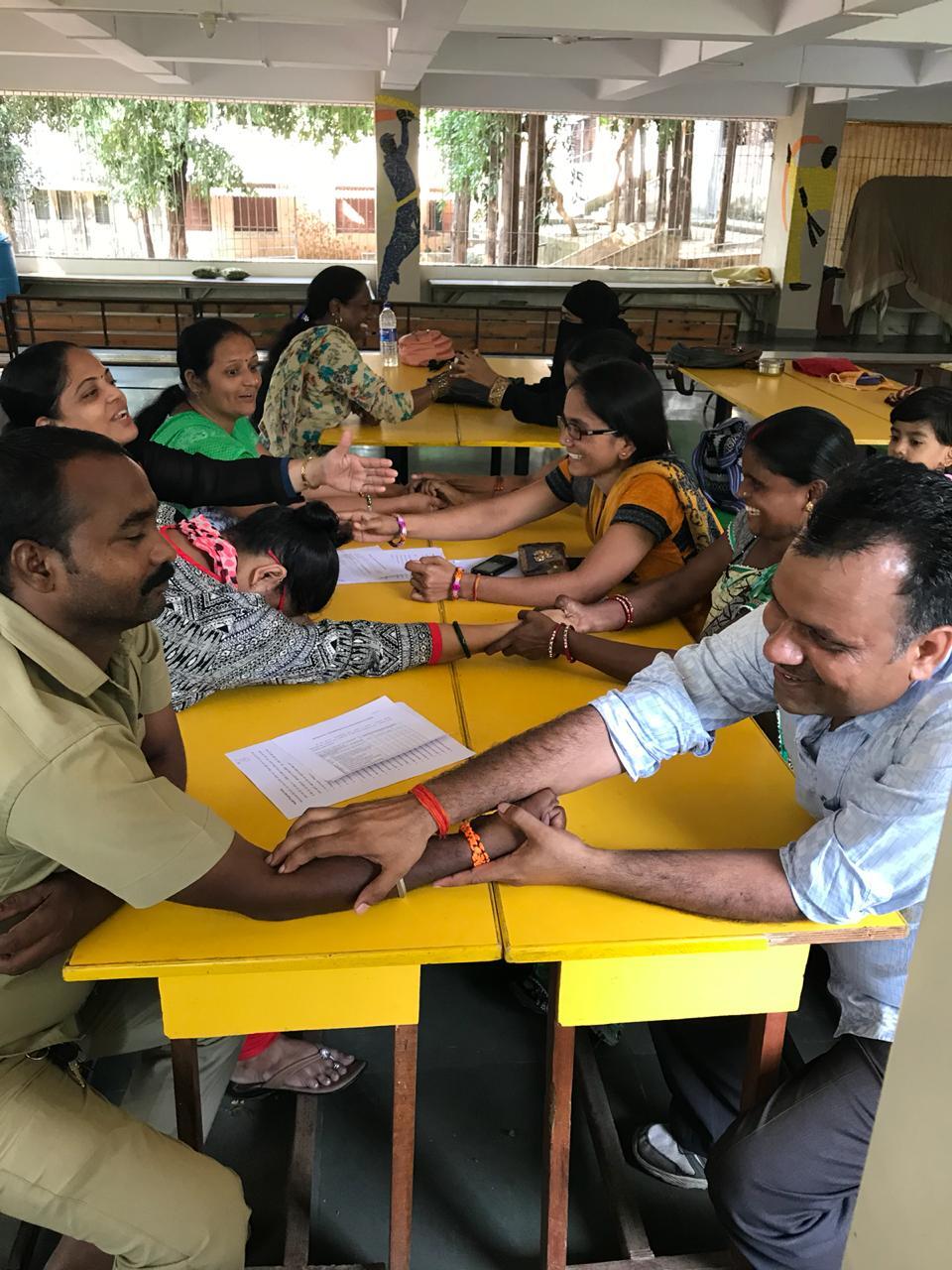
Yet, as she points out, “if [caregivers] don’t take care of themselves, they can’t care for their recipients the best way they want to.”
Strong families are often held up as the bedrock of societies across Asia, and many of us hold these ties dear. But it is also important to examine our long-held beliefs to make space for new cultural norms — ones that do not hold back people from seeking help when they need it.
Supporting the work of organisations like Adveka can give caregivers the tools to better care for their loved ones, and in turn, keep those all-important bonds alive.
Adveka Foundation is a mental health non-profit founded in 2015 that focuses on the well-being of caregivers. The foundation is currently on hiatus as it works on securing funding to continue operations.
This first-person story is part of Our Better World’s series on Mental Health: Silent No More: Giving Voice to Mental Illness.




